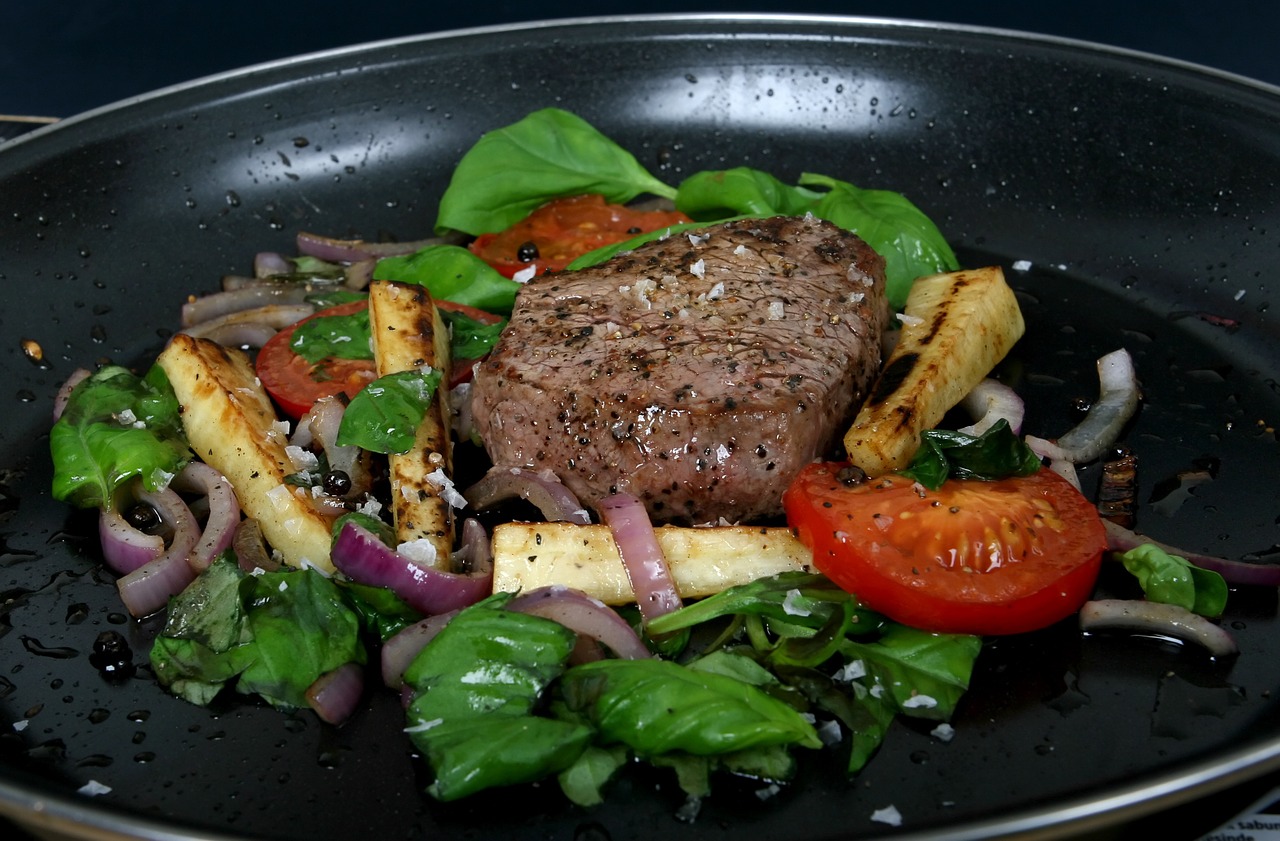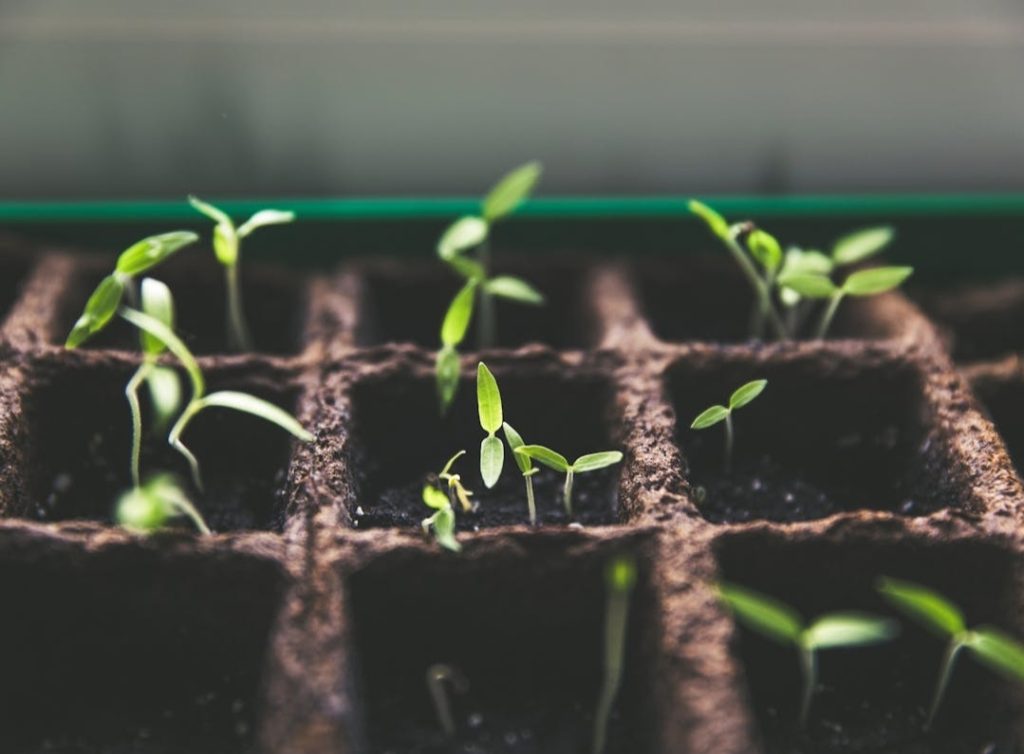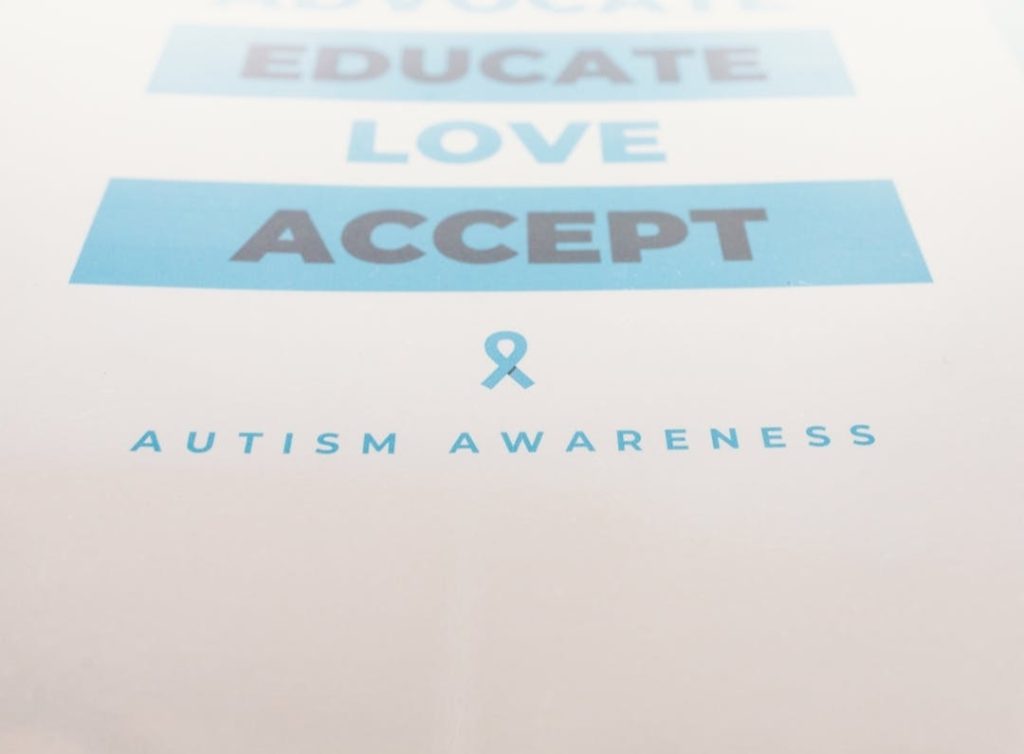Dr. Peter J. D’Adamo in his book Eat Right for Your Type introduced the blood type diet based on his renowned knowledge of glycobiology (the study of the structure, biosynthesis, biology, and evolution of saccharides, which are also called carbohydrates, sugar chains, or glycans) and his role as a naturopathic physician (one who relies on natural remedies for the healing of ailments).
Dr. Melinda Ratini of www.medmd.com does not, however, endorse the eating for blood types diet and explains, “One study found that adults eating the type A diet showed improved health markers, but this occurred in everyone, not just those with type A blood. In 2013, a major review concluded that no evidence exists to support benefits of blood type diets.”
Not very reassuring. In fact, the diet has been contested for many years.
What instructions are issued about the diet? Basically, one is limited to certain food groups depending on one’s blood type. Personally, I tried it years ago and it recommended tofu, which is my least favorite food, and no meat which I feel is a necessity in my eating habits. So, I was never really a fan. Nor were a lot of others.
The diet often conflicts with addressing specific health issues such as diabetes. One blood type should eat high protein and another one avoids dairy and chicken; these restrictions may conflict with one’s treatment for diabetes. According to WebMD, “The American Diabetes Association recommends a more practical approach to your day-to-day eating. It also cautions against focusing on specific foods. In most cases, it doesn’t recommend cutting out any major food groups.”
In addition, WebMD states that the diet fails people with heart disease, high blood pressure, or cholesterol. “But no matter your blood type, you should follow the same guidelines issued by the American Heart Association (AHA) for a low-fat and low-salt diet.”
The diet itself emerges as complicated and requires a high level of commitment. It outlines very specific food groups and therefore one’s personal taste has no place in the plan. The type A diet promotes vegetarian meals so the person who enjoys meat and potatoes will generally be quite unhappy.
What exactly does the diet tell people to eat?
For type O blood types, referred to as hunters, the eating plan includes a large amount of lean meat, fish, vegetables, and poultry while limiting grains, beans, and dairy. Apparently, type O persons suffer from indigestion and stomach problems so they should incorporate supplements to address those issues.
A meat-free diet apparently will be suggested for type A blood types, labeled as agrarian or cultivator persons, with fruits, vegetables, beans, legumes, and whole grains (preferably organic and fresh) because many people with type A blood have a sensitive immune system.
Type B persons, commonly referred to as nomads, need to avoid corn, wheat, buckwheat, lentils, tomatoes, peanuts, and sesame seeds. Chicken may also be problematic. So, what can a type B blood type eat? Their diet should include green vegetables, eggs, certain meats, and low-fat dairy.
And finally, AB blood types usually have low stomach acid. Labeled as the enigma, their diet reflects a mix between types A and B. They should avoid caffeine, alcohol, and smoked or cured meats. The recommended foods include tofu, seafood, dairy and green vegetables.
Adherence to the link between blood type and food should enable one to lose weight and be healthier. But according to healthline.com, in a major study conducted in 2013 which included data from over 1,000 studies, the surveyors could not find a single well-designed study looking at the health effects of the blood type diet. Thus, the study concluded, “No evidence currently exists to validate the purported health benefits of blood type diets.”
It remains an interesting concept, but difficult to follow and the results emerge as highly questionable. Anyone willing to give it a try?
The American Heart Association and Her Nexx Chapter, Inc. are collaborators in strategic initiatives to advance health equity and ensure All Americans have an opportunity for a full, healthy life.
Her Nexx Chapter invites you to join our free Community where women from around the world are connecting with each other’s stories, exploring different experiences, and transforming ideas.
The Future of Connection for Women
- National Thesaurus Day: The Book That’s a Major Asset to Anyone Who Writes - January 18, 2025
- Lung Cancer Awareness Month: Know the Subtle Signs of This Silent Killer - December 23, 2024
- National Day of the Horse: How Riding Leads to Connection and Camaraderie - December 20, 2024
Follow us:







